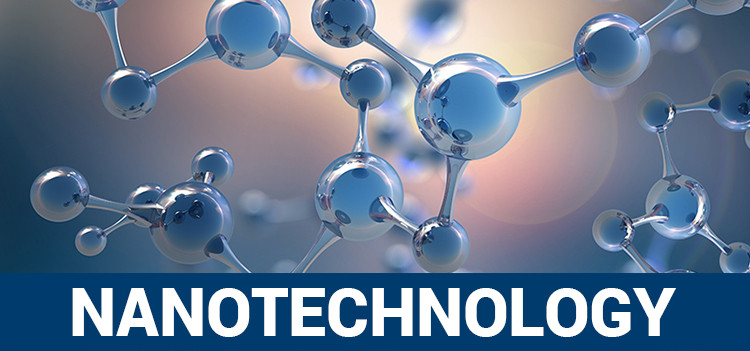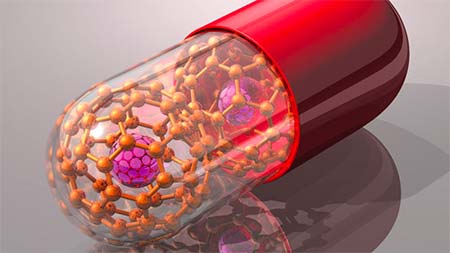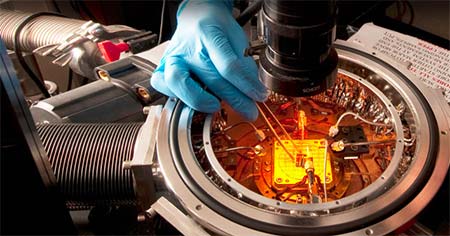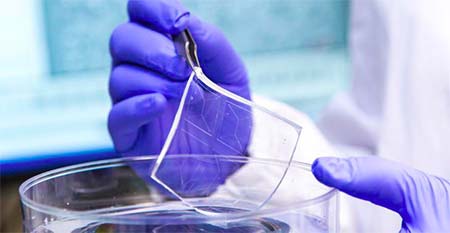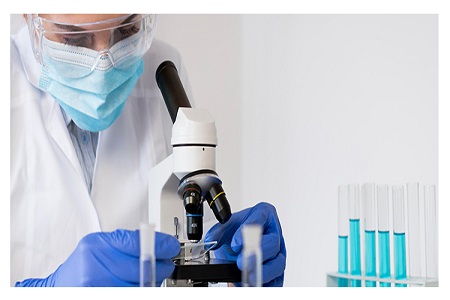There are many career opportunities after the completion of M.Sc Nanoscience and Technology. The demand for nanoscience and technology has increased in the last 5 to 10 years. It is predicted that by next 5 years there will be more than 10 million jobs in the field of nanotechnology across the globe. The M.Sc Nanoscience and technology scope is huge in coming years and we can expect good career avenues for the skilled nanotechnologists.
The interested students can apply for M.Sc Nanoscience & Technology courses by visiting our website and clicking the “Apply Now” button to get instant admissions.
Some of the M.Sc Nanoscience and Technology jobs are
1. Nanotechnologist: Roles & Responsibilities
- Nanotechnologists push the boundaries of interdisciplinary science to create new materials, methods or procedures based on nano-scale particles and interactions.
- As a nanotechnologist one is required to manipulate matter on the nanoscale and develop new materials and equipment as well as drugs and diagnostic tools. Nanotechnology encompasses science, physics, chemistry, biology, engineering and computer science.
- Plan and conduct experiments to investigate and analyse nanoscale systems
- Operate or design and construct, complex instrumentation
- They are required to extrapolate data to develop theories to explain experimental results
- They are expected to develop new products and ways of applying new methodology
- They are required to develop specialist skills and expertise in nanotechnology
- They are expected to develop innovative methods to improve existing products or procedures using nanotechnology
2. Holography and Optics Technician: Roles & Responsibilities
- The holography and optics technicians design, fabricate, assemble and develop optical instruments using nano materials.
- The holography and optics technicians develop optical instruments using different nanoparticles.
- They design, develop and create highly efficient optical instruments like telescopes, microscopes etc.
- They are responsible to introspect the configuration for optical instruments and design accordingly
- They are required to design, develop and calibrate the optical instruments
- They are expected to use exact nano particles to design and develop optical instruments
- They are responsible to calibrate the instruments according to the requirements
- They are required to use nanoscience techniques and nanoparticles for designing and developing various optical instruments
3. Research Scientist: Roles & Responsibilities
- The research scientist in nanotechnology one is required to study the nanoparticles and their behaviour with the physical world
- The research Scientist in nanotechnology one has to design and develop nanoparticles and nanomaterials and use their properties for the benefit of mankind.
- They have to come up with new innovations that are possible in the field of nanoscience and technology.
- They are expected to plan and take up experiments to investigate and analyse scientific phenomena
- They are expected to operate complex instrumentation using nanoparticles
- They are expected to manage research team or a group of research students and conduct research on different nano materials
- They are required to collaborate with other scientists from other disciplines and exchange the research knowledge related to nanoscience and nanotechnology
4. Biomedical Engineer (Nanotechnology): Roles and Responsibilities
- The biomedical engineer (nanotechnology is responsible for designing systems and products for the medical industry using nano particles and nano engineering.
- The biomedical engineer (nanotechnology) is required to apply nano engineering principles and nano materials technology to healthcare.
- The biomedical engineer (nanotechnology) will research, develop medical products such as robotic surgical instruments, medical equipment etc with the help of nanomaterials.
- They are required to use nanotechnology and computer software to design and test new materials, devices and equipment.
- They are required to coordinate with technicians and manufactures to ensure feasibility of a product in terms of design and economic viability
- They are responsible to conduct research on nanoparticles to solve clinical problems using variety of means to collate the necessary information
- They are expected to work closely with other medical professionals
- They are expected to discuss and solve problems with manufacturing quality, purchasing and marketing departments
The students can WhatsApp us on +91 9916505050/ 8088602346 for more details about M.Sc Nanoscience & Technology
Salary packages
The average M.Sc Nanoscience & technology salary is about 6 lakhs to 12 lakhs per annum. The salary varies according to the field and location, the experienced professionals will be easily earning a salary of around 10 lakhs to 15 lakhs per annum.
How to get admission to M.Sc Nanoscience & Technology course colleges in Bangalore ?
- The M.Sc Nanoscience & Technology course is one of the most popular courses that is making some noise in the current industry.
- There is a huge demand for this course, the chances are high that seats may run out very fast and many students may miss the chance of joining this course due to unconventional methods like waiting.
- The interested students can get easy admissions to top M.Sc Nanoscience & Technology colleges in Bangalore
- In order to avoid this the students can opt for NRI/Management quota seats under direct admissions from Galaxy Education.
- The desired students can directly contact us to pre book your seats in top M.Sc Nanoscience & technology colleges in Bangalore under direct admission mode, so that you will be having the confirmed admissions even before the academic year starts.
Final Words
Nanotechnology is the new and is considered as the most emerging field in today’s world. The latest innovations and developments in the field of nanoscience and nanotechnology has seen tremendous improvement in the recent past. Nanotechnology is an interdisciplinary subject that inter-relates to all the natural science subjects such as physics, chemistry, biology, electronics, computer science etc. So, the demand for M.Sc Nanoscience & technology students is available in all the areas of science.
The students interested in joining the M.Sc Nanoscience & Technology course can call us at +91 9916505050/ 8088602346 or email us at galaxyeduworld@gmail.com for more details.

